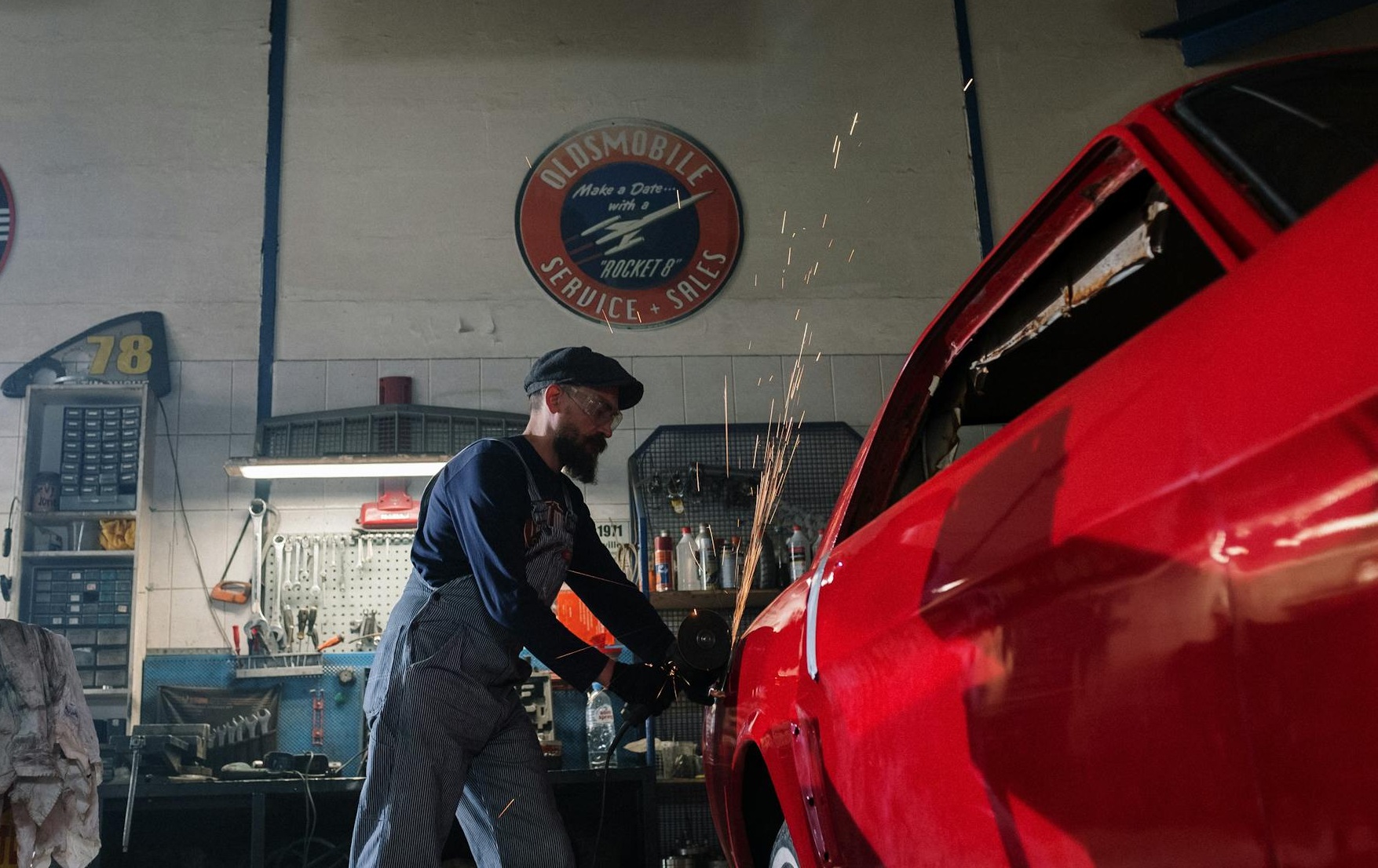
Some Vehicle Repairs are Best Left to the Pros
Imagine you’ve been in a wreck. It doesn’t seem terribly serious, and even though there weren’t injuries, there was damage to the vehicle. Rather than pony up a lot of money for your insurance deductible, you manage the repairs yourself. It saves thousands of dollars, but actually violates emissions laws, voids the warranty, and creates a bit of a nightmare when you try to sell the car.
Today, the Car Crash Captain looks at why DIY vehicle repairs likely aren’t in your best interest.
What DIY Vehicle Repairs Actually Means
If all that happened was your door was dented and you swapped out a new door panel, that’s considered to be cosmetic. There are no big worries here about DIY fixes.
However, the vehicle repairs we’re talking about are those that end up repairing something that has to do with the structural integrity of the vehicle, or the safety components, or emissions-related repairs.
Here in Texas, you’re responsible for the vehicle’s condition on public roadways, including emissions testing in 17 counties – all around the major metro areas in the state including the metroplex area. This means if you mess up one of the repairs, and your vehicle becomes less safe on the roadways, you could be held liable for a future wreck.
Four Issues that Come with DIY Repairs
DIY vehicle repairs aren’t easy to begin with, which is why most people just rely on insurance to pay for the damage. However, if you were the at-fault driver, and you only had liability insurance on your vehicle, then you might be tempted to tackle some of these yourself. There are four big issues that come up when you’re doing the repairs on your own.
- Emissions – straight piping your vehicle (in other words, removing the catalytic converter) is illegal. Vehicles in metro areas in Texas have to pass emissions testing, and when you do repairs on your own, you might not keep your rig in compliance.
- Airbags – Airbags are tricky. They can be reset, but it’s quite expensive to do so at an auto body shop. For good reason, they aren’t something that can easily be done and if done incorrectly you could put yourself at risk.
- Odometer – Many wrecks mess with the odometer and how miles are recorded on your vehicle. Tampering with the odometer is illegal, and you may inadvertently tamper with it if you’re doing your own repairs.
- Title – When a vehicle is wrecked beyond what is salvageable, it’s given a salvage title. After repairs it must pass safety standards to be titled a rebuilt salvage. However, if you’re doing repairs on your own, you can get around the salvage title. Doing so is unethical and could be illegal.
Wrecks Causing Injuries are Entirely Different
If you’re in a wreck and the damage is less than $1,000 and there are no injuries or deaths, you don’t have to call the police. Even DIY vehicle repairs can easily surpass that thousand-dollar threshold and if any party is injured, it’s very likely there will be significant damage.
Any time someone is injured in a crash, it opens a whole new set of rules and guidelines, and insurance is going to end up involved. If you were injured, you need to have Herbert Law Group helping you so you aren’t taken advantage of by insurance.
Herbert Law Group Helps Injured Crash Victims
If there were no injuries, there’s not a whole lot any personal injury lawyer can do for you. Even if your vehicle is mangled, you’re out of transportation, and the other party is being standoffish, your best bet is to read up on how to negotiate with insurance companies to maximize your payout.
However, if you were injured, then we can help you. Most insurance companies won’t account for pain and suffering that you go through. And trying to negotiate this on your own might not get you where you want to go.
Here at Herbert Law Group, we have a great track record of helping victims by minimizing their stress and maximizing their payout. Let’s talk about what happened, and see how we can help with a free phone call. Simply call our office at 214-414-3808, or fill out the contact form on our site, and we’ll reach out to you.